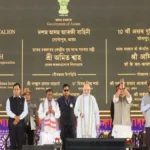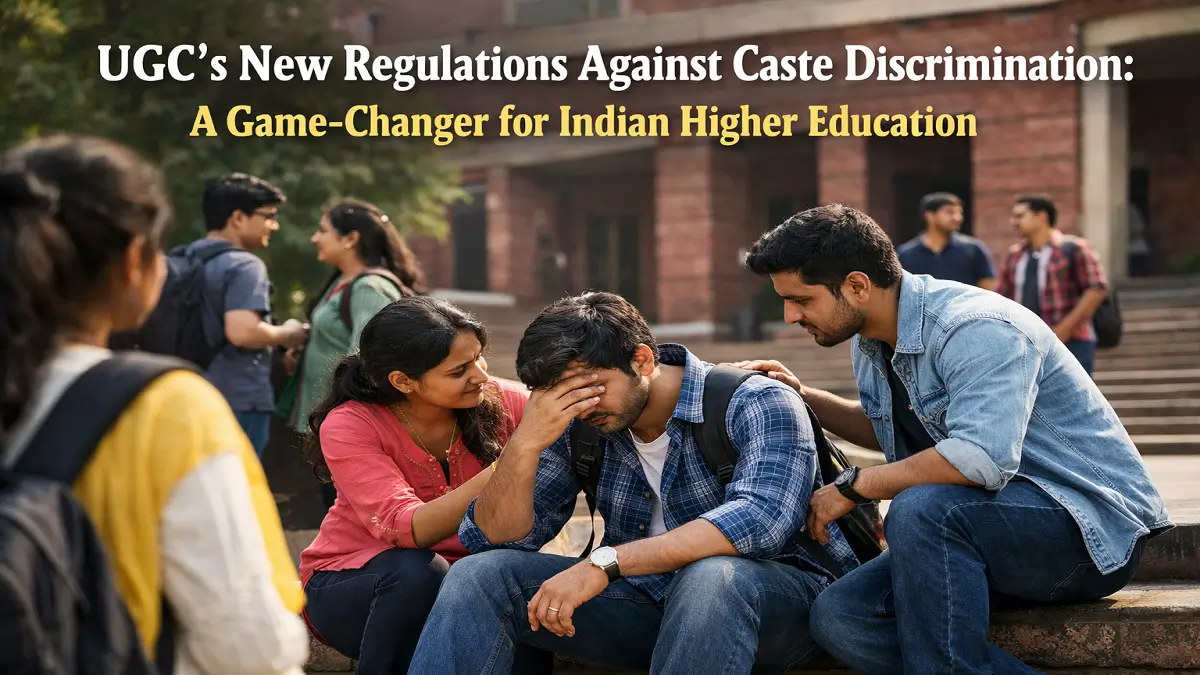Introduction
The Hunter Commission, established in 1919, was a pivotal moment in India’s colonial history. Formed in response to the Jallianwala Bagh massacre, the commission aimed to investigate the events surrounding the tragedy. However, its findings and subsequent criticisms have been subjects of intense debate among historians and scholars.
Formation and Purpose of the Hunter Commission
In the wake of the Jallianwala Bagh massacre on April 13, 1919, where British troops killed hundreds of unarmed Indian civilians, the British government faced immense pressure both domestically and internationally. To address the outcry, the Hunter Commission was established under the chairmanship of Lord William Hunter. The commission’s primary objective was to investigate the disturbances in Punjab, particularly the events in Amritsar.
Key Findings of the Commission
The Hunter Commission’s report, released in 1920, acknowledged that General Dyer’s actions were “unjustified.” However, it stopped short of recommending any punitive action against him. The commission criticized the imposition of martial law in Punjab and highlighted the excessive use of force by the British authorities. Yet, it also justified some of the measures taken, citing the volatile situation in the region.
Criticisms and Controversies
The commission faced severe criticism for its perceived leniency towards General Dyer and other British officials. Indian members of the commission, including Pandit Madan Mohan Malaviya and Motilal Nehru, dissented from the majority report, presenting their own findings that condemned the British actions more strongly. The Indian National Congress rejected the commission’s report, viewing it as a whitewash of British atrocities.
Impact on Indian National Movement
The perceived injustice of the Hunter Commission’s findings galvanized Indian nationalists and intensified the struggle for independence. The massacre and the commission’s report became rallying points for leaders like Mahatma Gandhi, who launched the Non-Cooperation Movement in 1920. The events underscored the need for self-rule and highlighted the oppressive nature of British colonialism.

Why This News is Important
Relevance to Competitive Exams
Understanding the Hunter Commission is crucial for aspirants of government exams, especially those focusing on Indian history and polity. The commission’s findings and the subsequent reactions provide insights into the colonial administrative mindset and the Indian response, which are often explored in UPSC, SSC, and state-level examinations.
Lessons in Governance and Justice
The Hunter Commission serves as a case study in governance, justice, and the importance of impartial investigations. It highlights how commissions can be influenced by prevailing political pressures, leading to outcomes that may not align with justice. For future administrators and policymakers, it underscores the significance of integrity and accountability.
Historical Context
The Jallianwala Bagh massacre occurred against the backdrop of widespread unrest in India, fueled by the Rowlatt Act of 1919, which allowed the British to arrest and detain individuals without trial. The massacre was a turning point in the Indian freedom struggle, leading to a surge in nationalist sentiments. The Hunter Commission’s formation was an attempt by the British to placate Indian outrage, but its perceived failure only intensified demands for independence.
Key Takeaways from “Hunter Commission: Findings and Criticism”
| S.No. | Key Takeaway |
|---|---|
| 1 | The Hunter Commission was established in 1919 to investigate the Jallianwala Bagh massacre. |
| 2 | The commission acknowledged General Dyer’s actions as unjustified but recommended no punitive action. |
| 3 | Indian members of the commission dissented, presenting a more critical view of British actions. |
| 4 | The Indian National Congress rejected the commission’s report, viewing it as a whitewash. |
| 5 | The events surrounding the commission intensified the Indian freedom struggle, leading to movements like Non-Cooperation. |
FAQs Related to Hunter Commission and Its Relevance
1. What was the Hunter Commission?
The Hunter Commission was a committee set up by the British government in 1919 to investigate the Jallianwala Bagh massacre in Amritsar, where British troops killed hundreds of unarmed civilians.
2. Who headed the Hunter Commission?
The commission was chaired by Lord William Hunter, a former Solicitor General for Scotland.
3. What did the Hunter Commission conclude?
While it criticized General Dyer’s actions, calling them “unjustified,” it did not recommend any strict punishment, leading to widespread criticism in India.
4. Who opposed the findings of the Commission?
Indian members, including Madan Mohan Malaviya and Motilal Nehru, strongly opposed the findings and submitted dissenting reports.
5. Why is the Hunter Commission important for exams?
It’s a key topic in modern Indian history, covered in UPSC, SSC, State PSCs, and other government exams, especially under freedom struggle and colonial policies.
Some Important Current Affairs Links

















